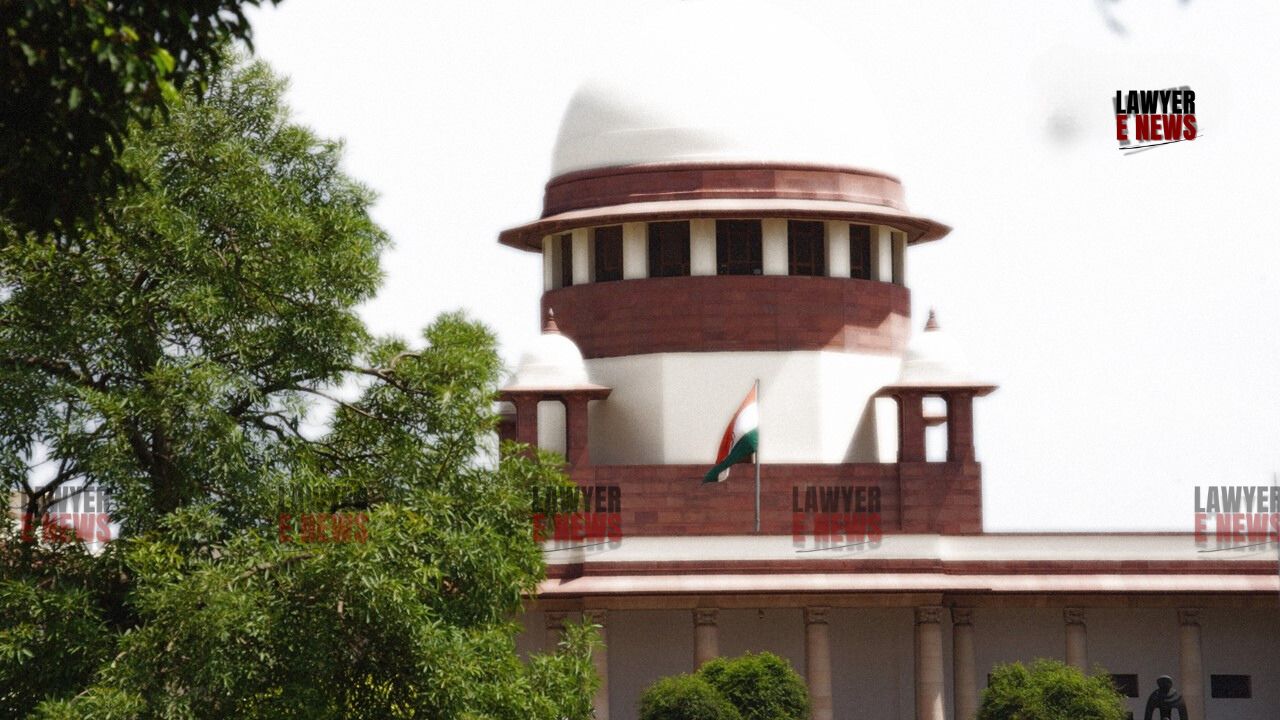-
by Admin
15 February 2026 2:36 AM



Supreme Court of India overturned a Bombay High Court decision in Goqii Technologies Private Limited v. Sokrati Technologies Private Limited, emphasizing the restricted role of referral courts in arbitration appointments under Section 11 of the Arbitration and Conciliation Act, 1996. The Court held that referral courts must limit their inquiry to determining the prima facie existence of an arbitration agreement and should not delve into the substantive merits of disputes.
In this case, Goqii Technologies, a wellness-focused tech company, entered into a Master Services Agreement (MSA) with Sokrati Technologies, a digital marketing firm. Following reports of irregularities in the marketing sector and an audit revealing alleged poor performance by Sokrati, Goqii withheld payment on certain invoices, citing fraudulent practices. The audit report, completed in February 2023, indicated a low return on investment (ROI) and raised concerns over overcharging, ineffective audience targeting, and inflated costs.
Sokrati issued a demand notice under the Insolvency and Bankruptcy Code, 2016 (IBC), claiming Goqii owed outstanding dues. Goqii responded by invoking arbitration per the MSA’s arbitration clause, seeking recovery of prior payments along with damages. However, the Bombay High Court dismissed Goqii’s application for appointing an arbitrator, deeming the claim dishonest and unsupported by sufficient evidence.
Limited Scope of Referral Court Under Section 11 of the Arbitration Act: The Supreme Court emphasized that, per Section 11, the referral court’s role is confined to verifying the existence of an arbitration agreement. The judgment referenced recent case law, including SBI General Insurance Co. Ltd. v. Krish Spinning (2024), underscoring that courts should not extend their review to the substantive merits of the dispute at this stage. The Court noted that prima facie scrutiny of the arbitration agreement suffices, leaving detailed factual analysis for the arbitral tribunal.
Judicial Review of 'Non-Existent' Disputes: The Supreme Court critiqued the High Court’s approach of labeling Goqii’s claims as dishonest and unfounded. The Court held that the arbitral tribunal, rather than the referral court, is better suited to examine allegations of frivolity and dishonesty through evidentiary analysis. It further noted that only claims manifestly without merit or legally baseless warrant dismissal at this preliminary stage.
Interpretation of Arbitration Agreements in Commercial Disputes: The Court found that Goqii’s MSA with Sokrati clearly stipulated arbitration for dispute resolution. The Court highlighted that technical and complex matters in commercial contracts, such as digital advertising metrics, are suited to arbitration, where specialized expertise can facilitate an accurate and fair assessment.
The Supreme Court allowed the appeal, setting aside the Bombay High Court’s order. It appointed Mr. S.J. Vazifdar, former Chief Justice of the Punjab & Haryana High Court, as the sole arbitrator to adjudicate the dispute. The Court reiterated that the tribunal is empowered to handle all substantive issues, including any objections raised by Sokrati.
In a cautionary note, the Court stated that while the referral court's scope is limited, arbitral tribunals retain the authority to penalize parties for frivolous or vexatious claims by imposing costs.
This decision reinforces the principle of judicial restraint in arbitration matters, affirming that courts should facilitate rather than obstruct arbitration when a valid agreement exists. The ruling not only underscores the limited function of courts in arbitration referrals but also clarifies that arbitrators are better positioned to address complex business disputes with significant technical aspects.
Date of Decision: November 7, 2024
Goqii Technologies Private Limited v. Sokrati Technologies Private Limited
